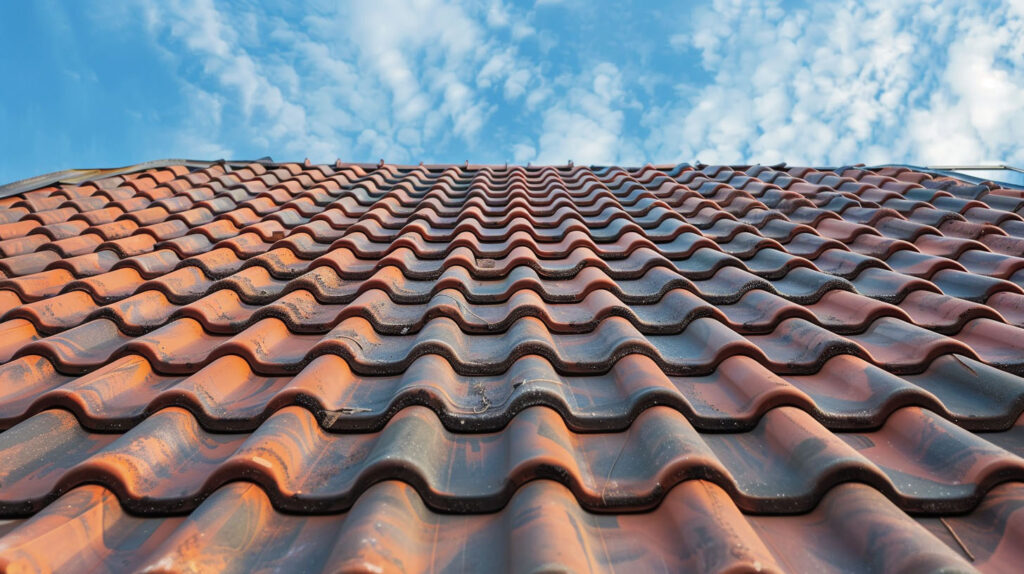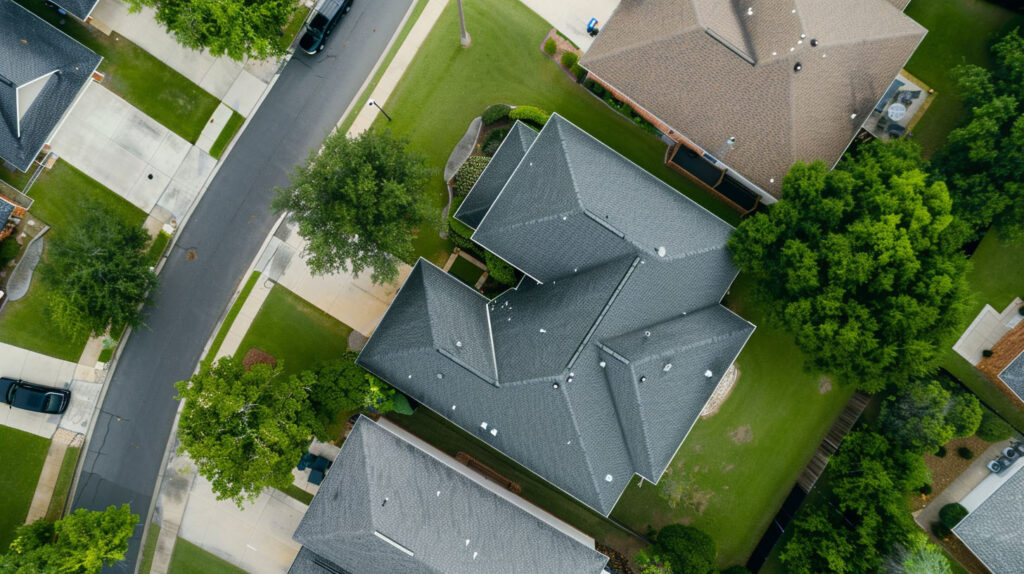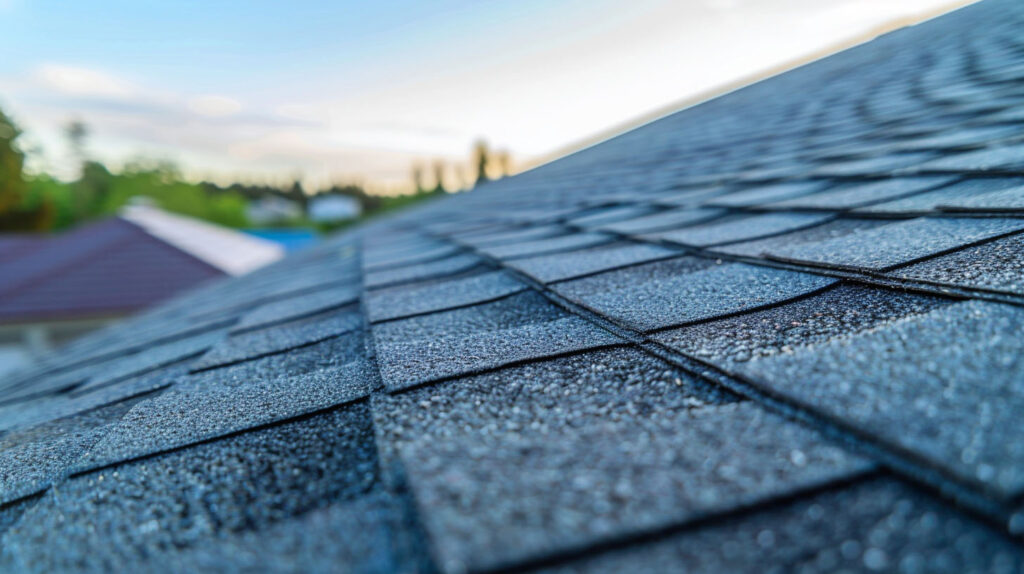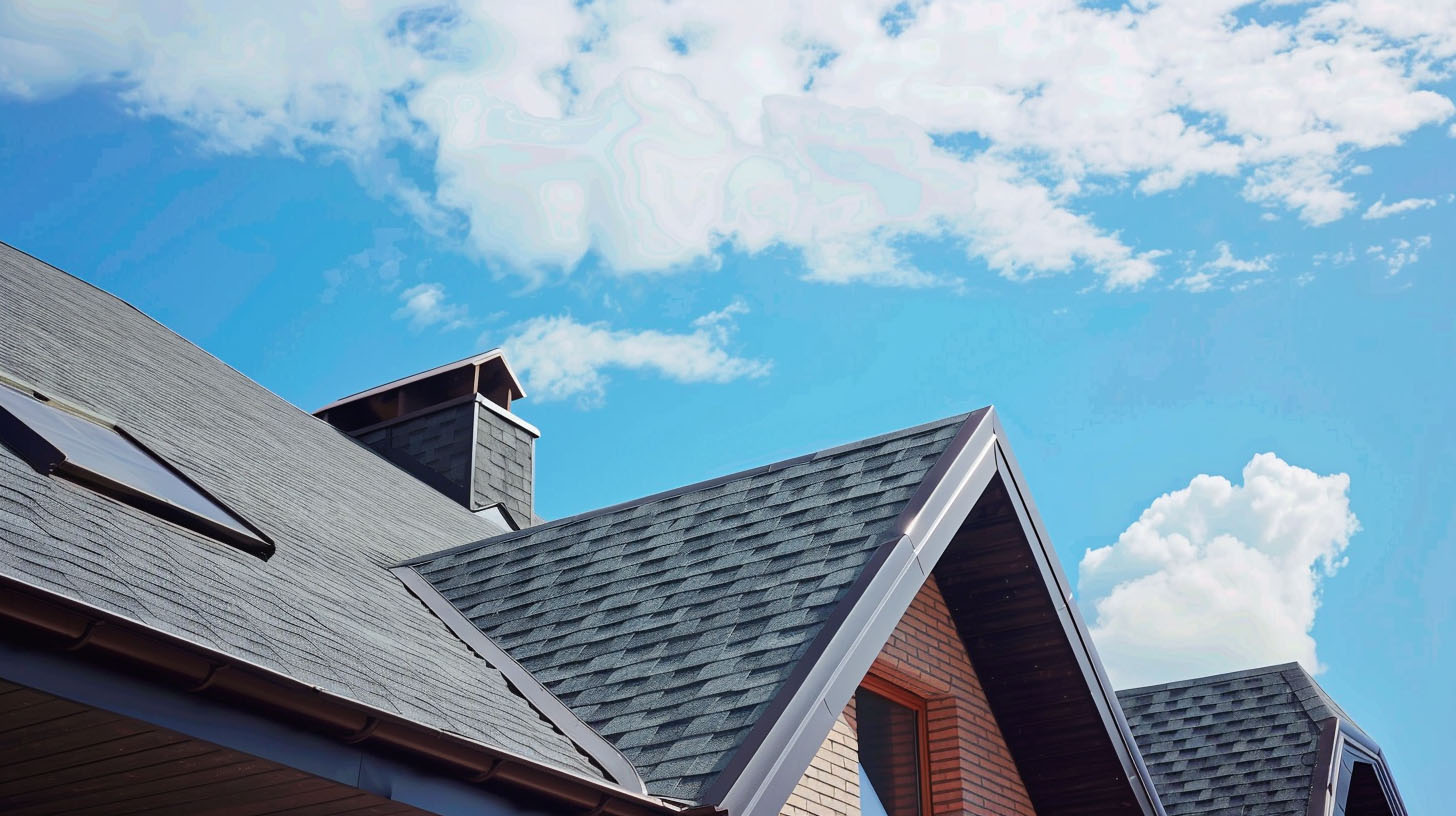Comparing Residential and Commercial Roofing Requirements
Residential and commercial roofing may serve the same purpose, but their designs, materials, and installation requirements are remarkably different. Whether you’re dealing with residential roofing that complements your home’s aesthetic or commercial roofing systems that prioritise durability and functionality, understanding these distinctions is essential. Selecting the right roofing materials tailored to your property type is vital for ensuring lasting protection. At Specialist Roofing & Repair, we’ve worked with top brands to meet these distinct needs in Long Beach, CA.
Choosing the Right Roofing Contractor in Long Beach, CA
Finding the right roofing contractors for your project in Long Beach, CA, requires careful consideration of their expertise in residential and commercial roofing. Whether you’re tackling a small-scale roof replacement or a large industrial installation, experienced professionals become indispensable.
At Specialist Roofing & Repair, we take pride in delivering quality roofing solutions. From residential repairs to commercial roof replacements, our certifications, awards, and relationships with trusted brands ensure exceptional results every time. Reach out to us for trusted roofing contractors you can depend on.
Evaluating Certifications and Awards (Owens Corning Platinum, Polyglass Quantum)
Recognizing certifications and awards is pivotal when selecting roofing materials, as often reflect quality and reliability. The Owens Corning Platinum certification signifies exceptional performance standards in residential roofing, ensuring property owners receive top-tier protection. Similarly, Polyglass Quantum Contractor, showcases outstanding innovation in commercial roofing systems, emphasizing longevity and efficacy. These accolades not only enhance the aesthetic appeal of roofs but also assure property owners of compliance with local building codes, promising peace of mind through quality assurance and superior installation practices.

Importance of Working with Trusted Brands
Choosing to work with reputable brands like Owens Corning, Polyglass, GAF, CertainTeed, and ASC ensures quality and reliability in your roofing projects. These companies are renowned for their commitment to superior roofing materials and innovative solutions tailored for both residential and commercial properties. Partnering with trusted names not only enhances aesthetic appeal but also provides peace of mind regarding durability and performance. This decision plays a crucial role in long-term satisfaction and the longevity of your roofing investment.
Key Differences Between Residential and Commercial Roofing
Residential roofing and commercial roofing differ significantly in design, materials, and functionality. Residential properties, such as homes, often feature steeper pitches and simpler systems made with asphalt shingles or wood shakes and a protective underlayment, forming the roof deck. In contrast, commercial buildings require flat or low-pitched roofs designed to accommodate heavy equipment like HVAC units.
These differences demand tailored roofing solutions. Choosing commercial roofing contractors experienced in both systems ensures appropriate materials, installation techniques, and maintenance plans. Next, we explore specific aspects of roof structure and design considerations.
Roof Structure and Design Considerations
Typical Roof Size and Slope Variations
Roof size and slope variations represent significant distinctions between residential and commercial properties. Typically, residential homes feature roof designs with a steeper pitch, facilitating efficient water drainage while enhancing aesthetic appeal. In contrast, commercial buildings often have flat or slightly sloped roofs designed to accommodate larger HVAC units and other rooftop installations. These differences in design cater to specific installation requirements and weather conditions, impacting both the choice of roof materials and the overall maintenance strategies necessary to ensure longevity and performance.
Roofing Materials: Comparing Options for Homes and Businesses
The variety of roofmaterials available for residential homes and commercial buildings reflects their distinct needs. The most popular material for residential roofing materials focuses on affordability and aesthetics, making asphalt shingles or wood shakes popular choices. Commercial materials, however, prioritise durability and function, with options like modified bitumen or PVC membranes dominating the market.
Understanding these differences helps property owners select the ideal material. Next, we delve deeper into the most-used materials for residential homes and commercial buildings.
Common Materials Used in Residential Roofing
A variety of materials define residential roofing, each selected based on aesthetic appeal, durability, and cost. Asphalt shingles remain the most popular choice due to their affordability and functionality. For a more upscale look, wood shingles or shakes can enhance curb appeal, while metal roofs offer longevity and low maintenance. Additionally, ethylene propylene diene monomer (EPDM) is gaining popularity for flat roofs, providing excellent weather resistance. Regular inspections are crucial to identify minor issues before become significant structural damage.

Popular Choices for Commercial Roofing Systems
Commercial roof materials are designed for enduring heavy use and covering larger areas. Common options include:
- Built-Up Roofing (BUR) with multiple layers for reinforcements.
- Modified Bitumen Systems (MBS) offering factory-made durability.
- PVC or TPO Membranes, ideal for flat roofs exposed to UV rays.
These systems ensure weather resistance, durability, and low maintenance for commercial projects. The experts at Specialist Roofing & Repair work with trusted brands to ensure that every material fits your building’s specifications and long-term requirements.
Installation Process: Residential vs. Commercial Roofs
The installation requirements for residential and commercial roofs vary based on size and the materials used, with a significantly higher complexity of the installation for commercial roofs. Residential roofs typically involve simpler techniques requiring smaller crews. In contrast, commercial roof installation demands specialised equipment and significant labour.
These different processes highlight the importance of hiring skilled roofcontractors who understand the complexity of commercial and residential installations. Next, we examine key aspects such as labor requirements and project timelines.
Installation Techniques and Labor Requirements
The installation of residential and commercial roofs involves unique techniques. For residential properties, a smaller crew can effectively install common materials like asphalt shingles or wood shakes due to the manageable size and simpler designs.
Commercial installations require a larger workforce skilled in laying complex layers like PVC membranes or BUR systems. Heavy equipment and precise labor ensure proper installation for handling machinery on flat roofs.
At Specialist Roofing & Repair, we adapt our crews and techniques to the specific requirements of residential and commercial projects, completing every job with efficiency.
Timeline and Project Complexity
The timeline and complexity of roofing installations differ between residential and commercial projects. Residential projects often take less time due to their smaller size and standardised materials. Quick fixes and minor issues can usually be resolved within hours.
Commercial roof installations, however, involve greater complexity and longer timelines due to sheer size and additional layers of protective coatings. Regular inspections are crucial for catching minor issues and avoiding expensive repairs.

Trust the Experts
In summary, navigating the complexities of roofing requirements highlights key differences between residential and commercial projects. Understanding the distinct characteristics of each type, from materials to installation processes, ensures property owners can make the right choice. Regular inspections and maintenance are crucial for both residential and commercial roofs to prevent potential damage. At Specialist Roofing & Repair, our experienced contractors ensure smooth processes and timely completions, providing peace of mind for both homeowners and business owners.
Frequently Asked Questions
What is the difference between commercial and residential roofing?
Commercial roofing systems are larger, flatter, and designed to support equipment like HVAC units, while residential roofing typically involves smaller, steeper pitches with materials like asphalt shingles. These key differences impact installation, maintenance, and repair processes for each property type.
What are the OSHA rules for roofing?
OSHA standards mandate safe practices for roofing contractors, including protective equipment, proper training, and regular inspections. Adherence to these rules ensures safe installation requirements, routine maintenance, and repairs for both residential and commercial roofs.
Read our blog: When Should You Schedule a Roof Inspection?



